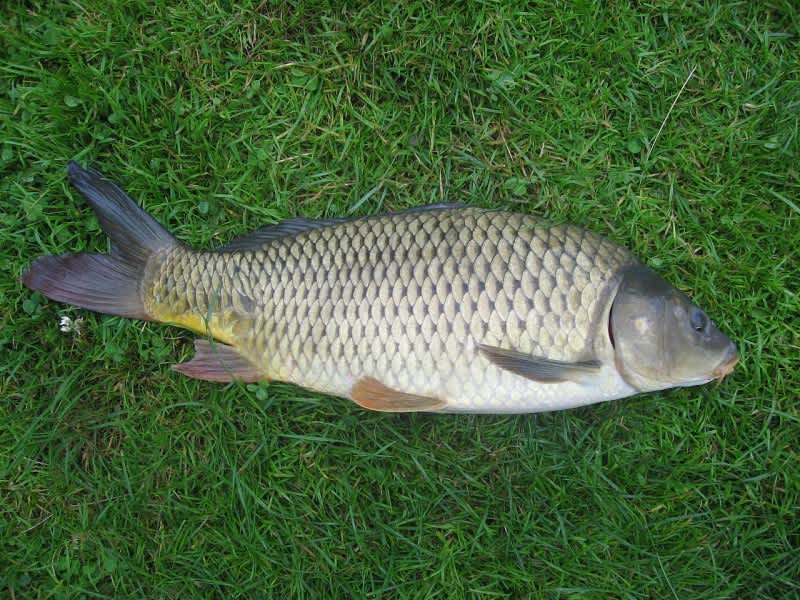Wisconsin Officials Suspect Koi Herpes Virus Caused Carp Die-offs
OutdoorHub Reporters 08.18.14

The Wisconsin Department of Natural Resources (DNR) announced earlier this month that the culprit behind carp die-offs in and around Horicon Marsh, Lake Sinissippi, and Silver Creek was likely the koi herpes virus (KHV). As the name of the virus would suggest, it is most commonly found among ornamental koi, but is also transmissible to common carp. Fish that contract the virus may die as early as one or two days after becoming infected, leading to widespread die-offs previously recorded in New York, Michigan, and Ontario.
“The public is not at risk from the koi herpes virus and from what we have seen in other states, sport fish and forage fish such as shiners have not been harmed,” said DNR biologist Laura Stremick-Thompson in a press release. “However, DNR encourages use of protective clothing such as gloves in removing the dead carp due to other bacteria the fish may be hosting.”
Scientists believe the virus was first introduced into the wild with the release of domestic koi, which are popular as decorative pets. It is not considered harmful to humans or fish other than koi and common carp, but large amounts of decomposing fish could present a bacterial hazard. DNR biologists first discovered the latest outbreak last month and expect that the die-off will continue for several weeks before the pace of the virus slows. KHV is not always fatal to fish that contract it, though they will carry it for the rest of their lives and may fall victim to it later or become carriers.
“Additional carp die-offs may occur until water temperatures begin to cool with the onset of fall. Mortality rates of carp infected with koi herpes virus are greatest when water temperatures are between 71 and 79 degrees Fahrenheit,” stated the DNR. “There is no treatment available to control the virus in wild fish.”
Common carp are generally considered to be an Asian carp species, although some biologists no longer consider the fish invasive due to their lengthy tenure in certain parts of the United States. While common carp are seen as a menace in some waterways, other regions value them as important commercial and sport fish.

